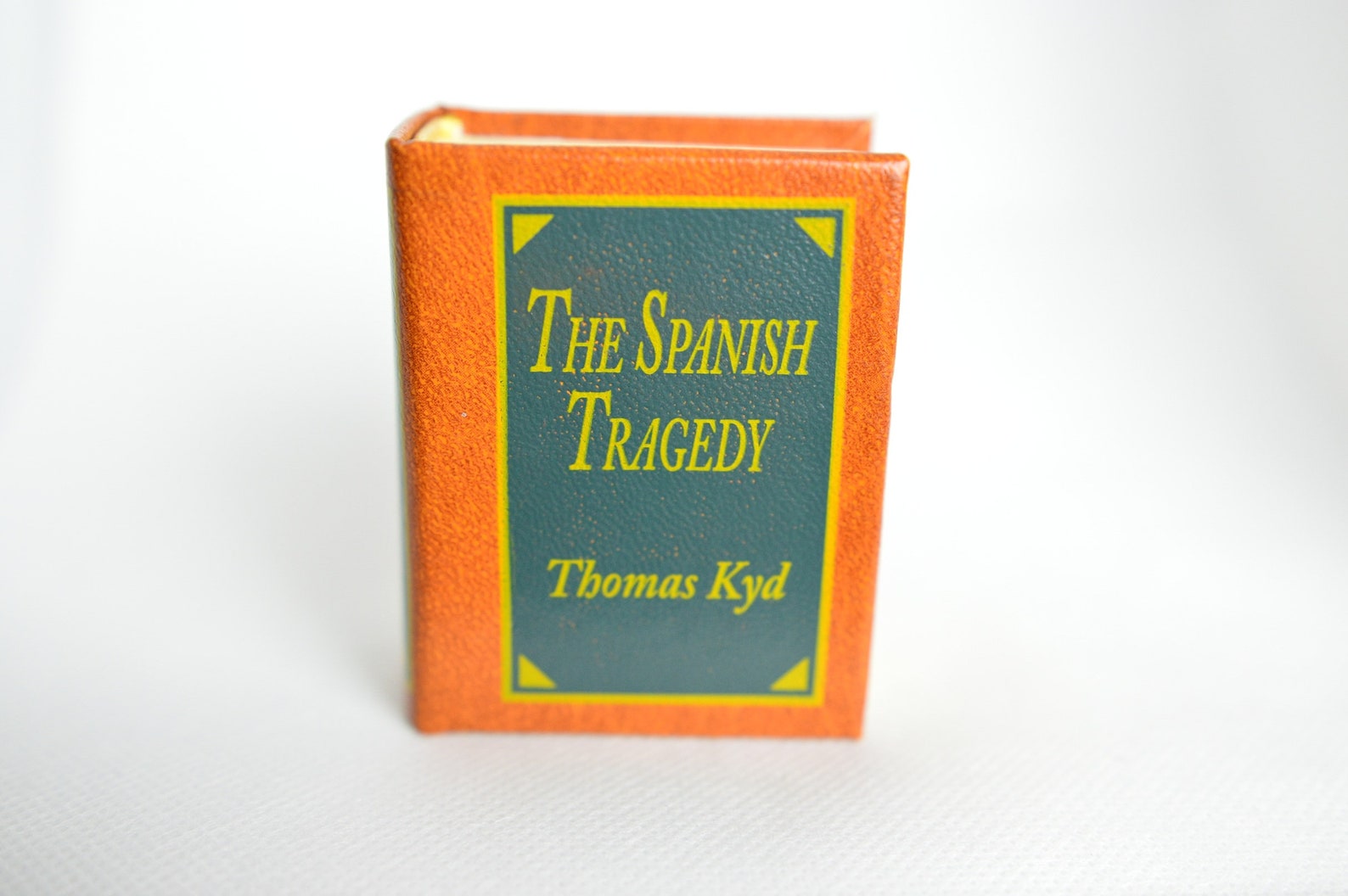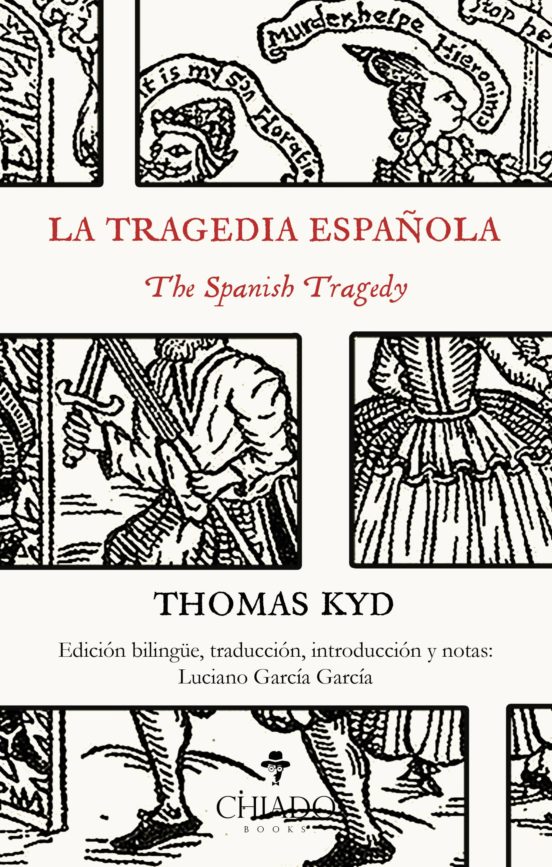
And if the world like not this tragedy, / Hard is the hap of old Hieronimo.” Hieronimo still knows that revenge is God’s responsibility, but grief and injustice ultimately drive him to seek it anyway. “Wrought by the heavens in this confusion. “Now shall I see the fall of Babylon,” Hieronimo says. Even when Hieronimo does decide to seek revenge himself in the tragic play-within-a-play at the play’s conclusion, he acknowledges that he will likely be condemned for doing so. Hieronimo may want revenge, but with these words, he shows that he knows it isn’t really his to take.

After Horatio’s murder, as Hieronimo struggles with his own desire for revenge, he cries: “ Vindicta mihi!” This Latin phrase, meaning “my punishment,” is a reference to the New Testament of the Bible and Romans 12.19, in which God declares vengeance his exclusive responsibility rather than mortal man’s. “The heavens are just,” she says, “murder cannot be hid: / Time is the author of both truth and right, / and time will bring this treachery to light.” In other words, Isabella implies that Horatio’s murderers will be punished by God’s judgement. When Hieronimo finds Horatio hanged in the garden and swears revenge, his wife, Isabella, suggests he wait. It is implied throughout the play that revenge is ultimately God’s responsibility and is not to be taken into the hands of man. Is it God’s responsibility, or the law’s? Or is it his own responsibility as a father? Eventualy, Hieronimo reluctantly takes it upon himself to avenge Horatio’s death, but through The Spanish Tragedy, Kyd suggests that even when revenge seems like the only way to get justice, it’s still not worth it. Hieronimo demands revenge however, he questions whose responsibility it is to seek it. After Hieronimo’s son, Horatio, a war hero and honorable man, is murdered by Lorenzo, the son of the Duke of Castile and the nephew of the King of Spain, Hieronimo swears justice for his son. Revenge motivates several of the characters, but the play focuses mainly on the story of Hieronimo, the Knight Marshal of Spain. The Spanish Tragedy paved the way for other revenge plays of the day-such as Hamlet by William Shakespeare and Thomas Middleton’s The Revenger’s Tragedy-and like other revenge plays, Kyd’s tragedy explores revenge and the ethics of taking justice into one’s own hands.

Thomas Kyd’s play The Spanish Tragedy is widely regarded as the very first revenge play of the Elizabethan era.


 0 kommentar(er)
0 kommentar(er)
